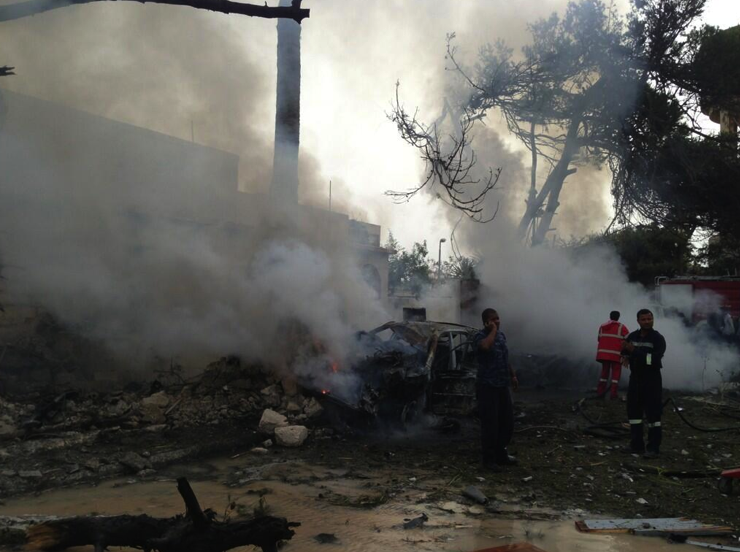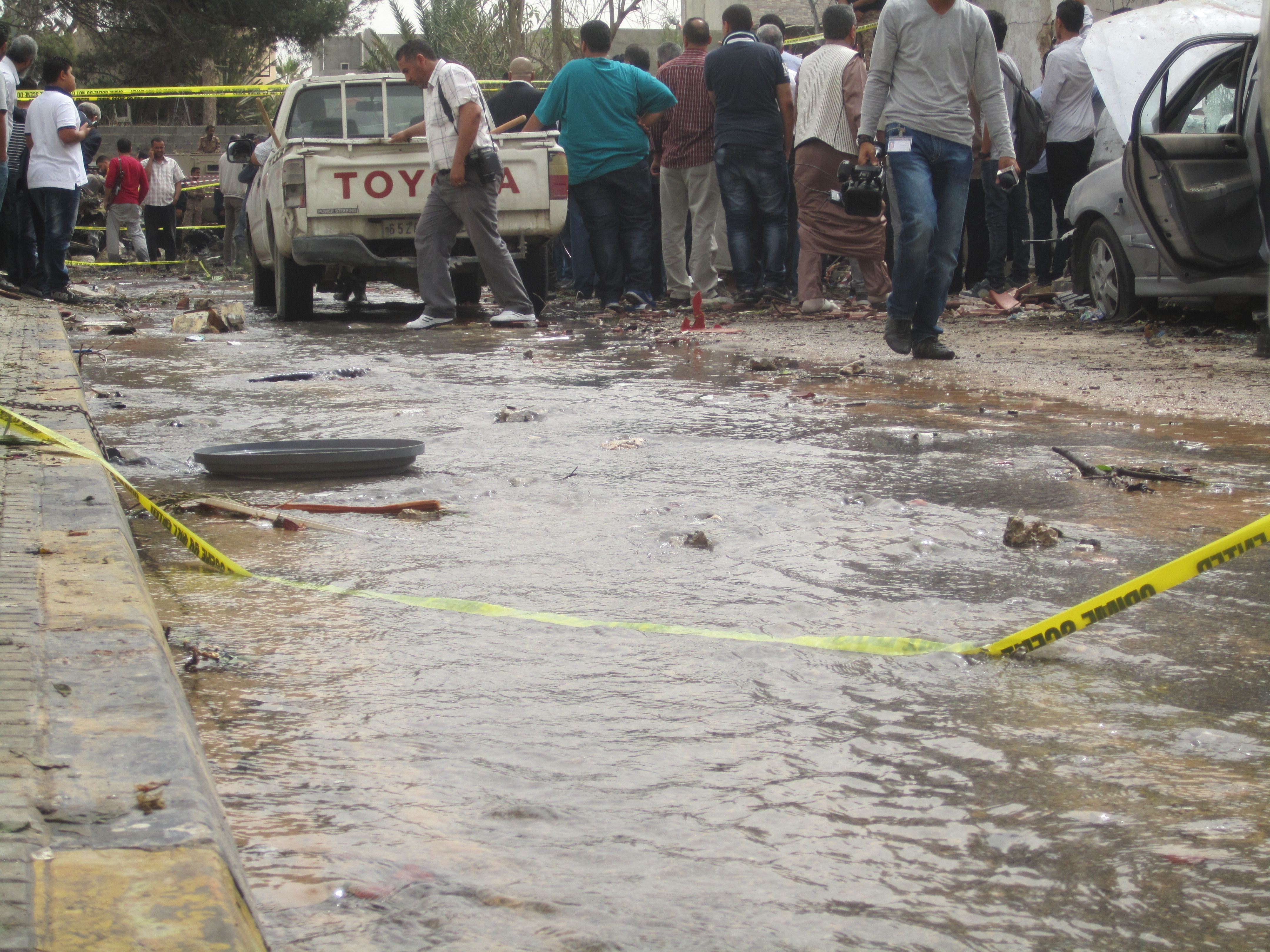Tripoli, 22 April 2013:
Libyan prosecutors have been finding out more about the best ways to uphold children’s rights.
The four-day training course, . . .[restrict]for 25 prosecutors, is the second stage of a scheme aimed at preparing a solid basis for building a juvenile judicial system in Libya.
The programme has been organised by the Ministry of Social Affairs, the Libyan Higher Judicial Institute and the United Nations children’s fund UNICEF.
“These trainings are only the beginning of a long cooperation between the Higher Judicial Institute and UNICEF,” said Judge Bakkar from the Higher Judicial Institute (HJI).
The project has also included a three-day consultation on drafting a Juvenile Justice Law, led and hosted by the HJI.
A recent study of Libya’s existing laws, supported by UNICEF, showed that the country already has some regulations in place dealing with child protection. The death penalty is prohibited for under-18s and the legal age for marriage is 20. Corporal punishment in schools is also forbidden, although evidence suggests that, in some institutions, this rule flouted.
According to UNICEF, work is still needed, however, to bring the country’s legal system into line with international standards and provide adequate protection for children.
“Children in contact with the law need to be given different treatment than adults all the way from initial contact, detention, and release,” UNICEF Country Director, Carel de Rooy, said at the opening of this week’s training session.
“You, as judges, play a critical role in putting in place systems that protect minors, especially girls, so that they are given the special care and attention they deserve,” he added. [/restrict]








